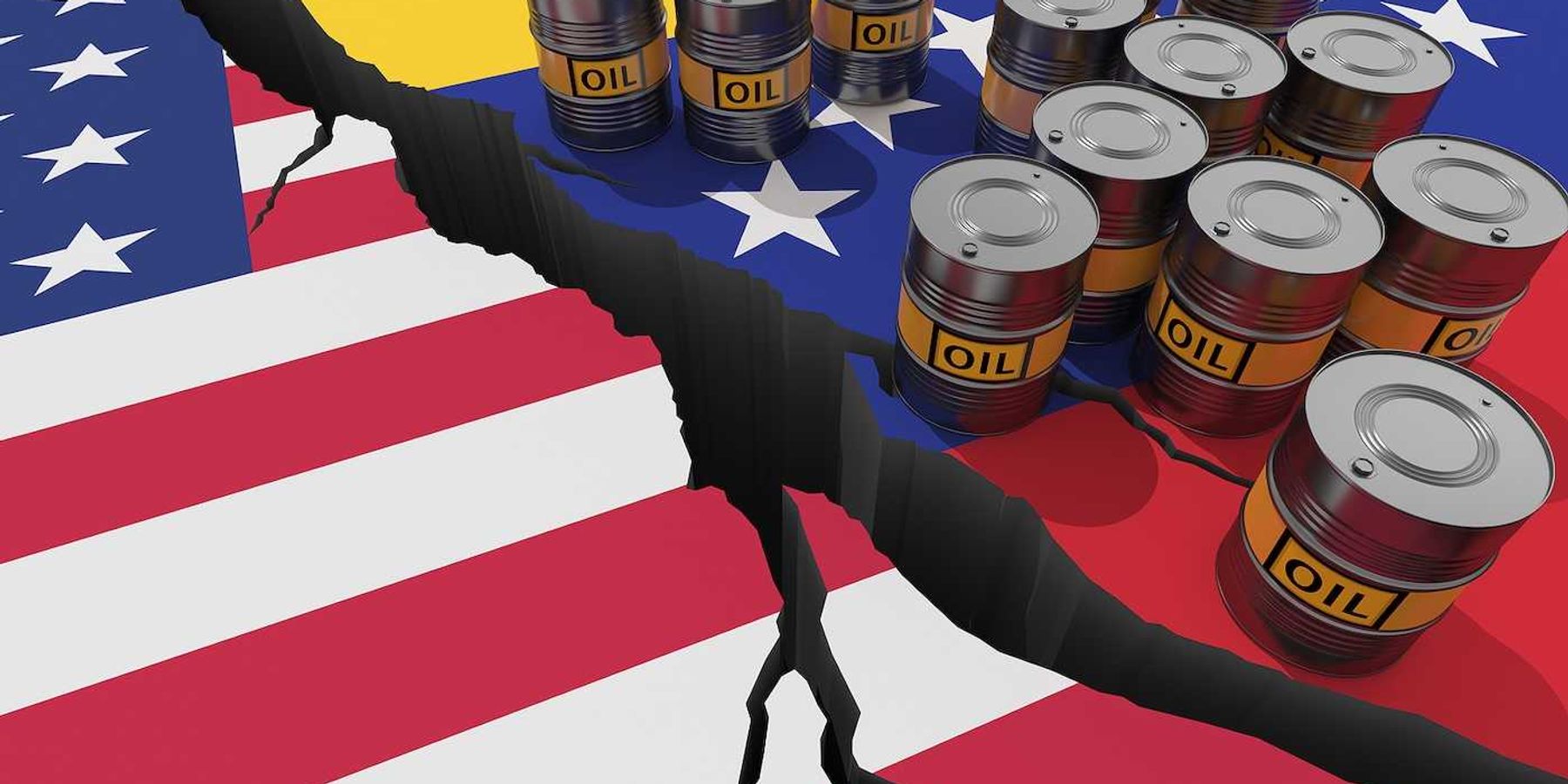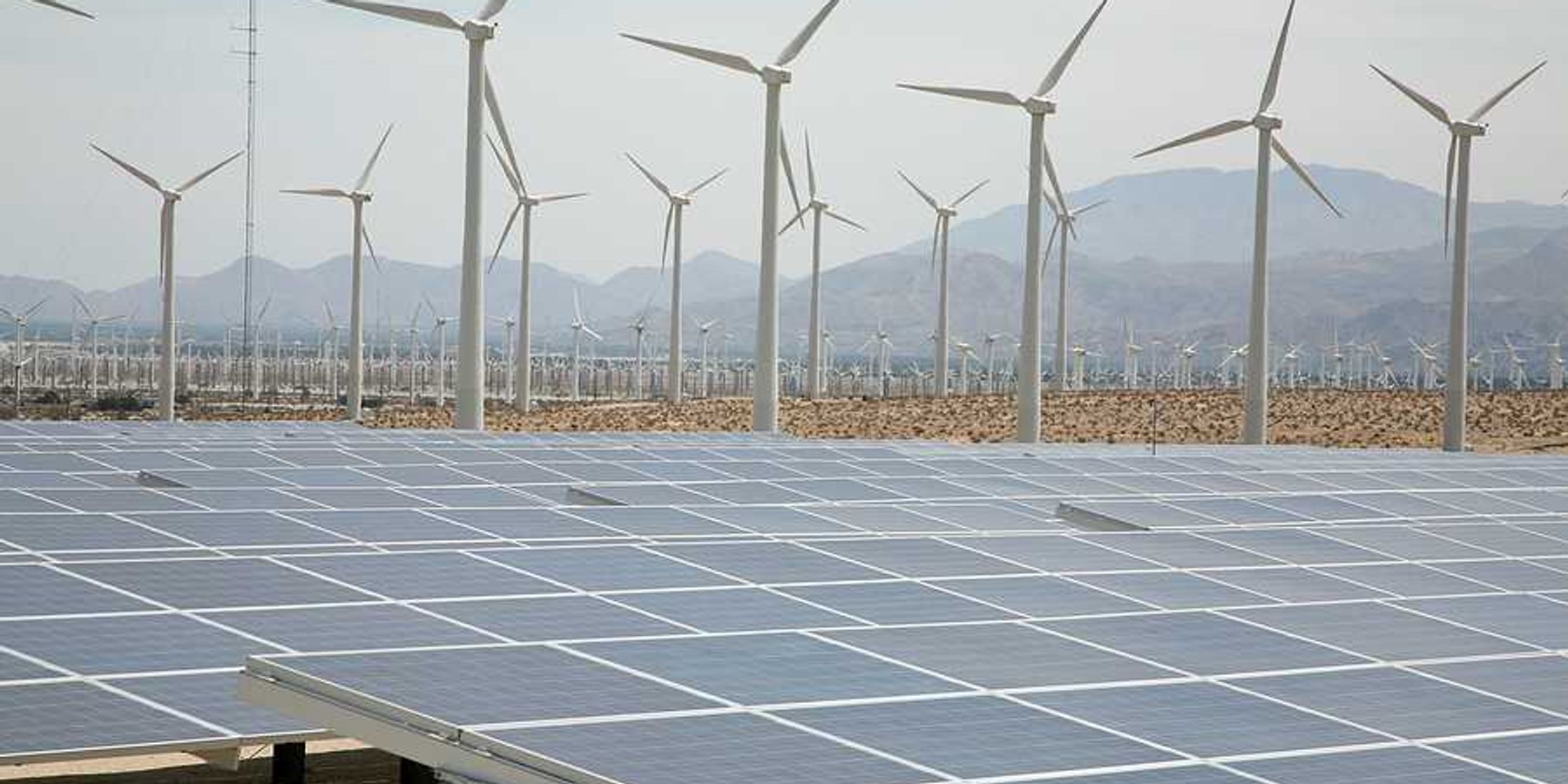conservatives
Supreme Court considers reviving nondelegation doctrine limiting agency power
The Supreme Court may soon revisit a long-unused doctrine that could curb federal agencies’ authority by placing more responsibility on Congress to legislate directly.
In short:
- Conservative justices are signaling interest in reviving the nondelegation doctrine, which limits how much power Congress can delegate to federal agencies.
- The Pacific Legal Foundation argues Congress has given too much power to agencies, challenging environmental regulations as part of this strategy.
- If revived, the doctrine could reshape how agencies like the EPA regulate, shifting more responsibility back to Congress.
Key quote:
“This is the next frontier of separation of powers. This is definitely something we’re pushing in our litigation.”
— Luke Wake, attorney with Pacific Legal Foundation
Why this matters:
Reviving the nondelegation doctrine could reduce the power of regulatory agencies, requiring Congress to take on more direct decision-making. This shift could lead to delays in addressing complex issues like environmental protections due to political gridlock.
Read more: EPA loses ground in Supreme Court decisions
Supreme Court considers halting Biden's EPA climate rule
The Supreme Court may undermine the U.S. Environmental Protection Agency's latest rule on emissions from power plants, following challenges from conservative states and industry groups.
In short:
- Conservative states and industry groups asked the Supreme Court to halt Biden's rule on power plant emissions.
- Critics argue the rule threatens affordable electricity and exceeds EPA’s authority.
- Legal experts doubt the Supreme Court will act against the rule like it did with the Obama-era Clean Power Plan.
Key quote:
“This rule poses a significant threat to affordable and reliable electricity for millions of Americans, especially as power demand skyrockets across the nation.”
— Jim Matheson, CEO of NRECA
Why this matters:
A Supreme Court stay would delay or potentially block regulations aimed at reducing greenhouse gas emissions from power plants. This could hinder efforts to combat climate change and maintain cleaner air standards.
Ed Miliband to lead UK delegation at COP29
Ed Miliband will spearhead the UK’s efforts at this year's crucial climate summit in Azerbaijan, marking a significant change from the Conservative government's approach.
In short:
- Ed Miliband, energy security and net zero secretary, will lead the UK delegation at COP29 in Azerbaijan this November.
- His involvement is expected to bring strong UK leadership to the negotiations, which will focus on climate finance for developing countries.
- The geopolitical landscape, including conflicts and the upcoming US election, will influence the summit's outcomes.
Key quote:
"The fact that the multilateral negotiations will be led by the secretary of energy himself instead of delegating to a junior minister denotes recognition of the importance of the process as we near the halfway point in this decisive decade. We could not be more pleased with the news."
— Christiana Figueres, founding partner of the Global Optimism thinktank
Why this matters:
Effective leadership at COP29 means more than just high-level pledges; it requires a nuanced approach that balances diplomacy, innovation, and accountability. Leaders must build on the momentum from previous conferences, such as COP26 in Glasgow, where key agreements on methane reduction and deforestation were made. However, these commitments need to translate into action, with clear timelines and measurable outcomes.
Tory MPs fail to support climate issues since 2010, study shows
No Conservative MPs have voted positively on climate issues since 2010, according to a VoteClimate study.
In short:
- Only one sitting Conservative MP, a defector from the SNP, was rated positively on climate votes.
- Labour and Liberal Democrats dominate the list of MPs rated as very good on environmental policies.
- VoteClimate helps voters understand parties' climate policies and their impact under the UK’s electoral system.
Key quote:
“We want to be able to tell people which party will reduce carbon dioxide the most, based on their manifesto.”
— Ben Horton, founder of VoteClimate
Why this matters:
This voting trend raises concerns among environmental advocates and scientists, who warn that political inertia could stall progress on critical issues like carbon emissions, renewable energy adoption, and biodiversity protection.
Related EHN coverage:
How the US supreme court and an Idaho couple upended wetlands protection
Often dismissed as dismal wet bogs and rampantly cleared since European arrival in the US, the underappreciated importance of wetlands has been placed into sharp relief by a supreme court ruling that has plunged many of these ecosystems into new peril.
Why is Britain retreating from global leadership on climate action?
Texas fracking billionaire brothers fuel rightwing media with millions of dollars
Farris and Dan Wilks’ deep pockets fund climate denialism education, conservative politicians and pro-fossil fuel projects.









